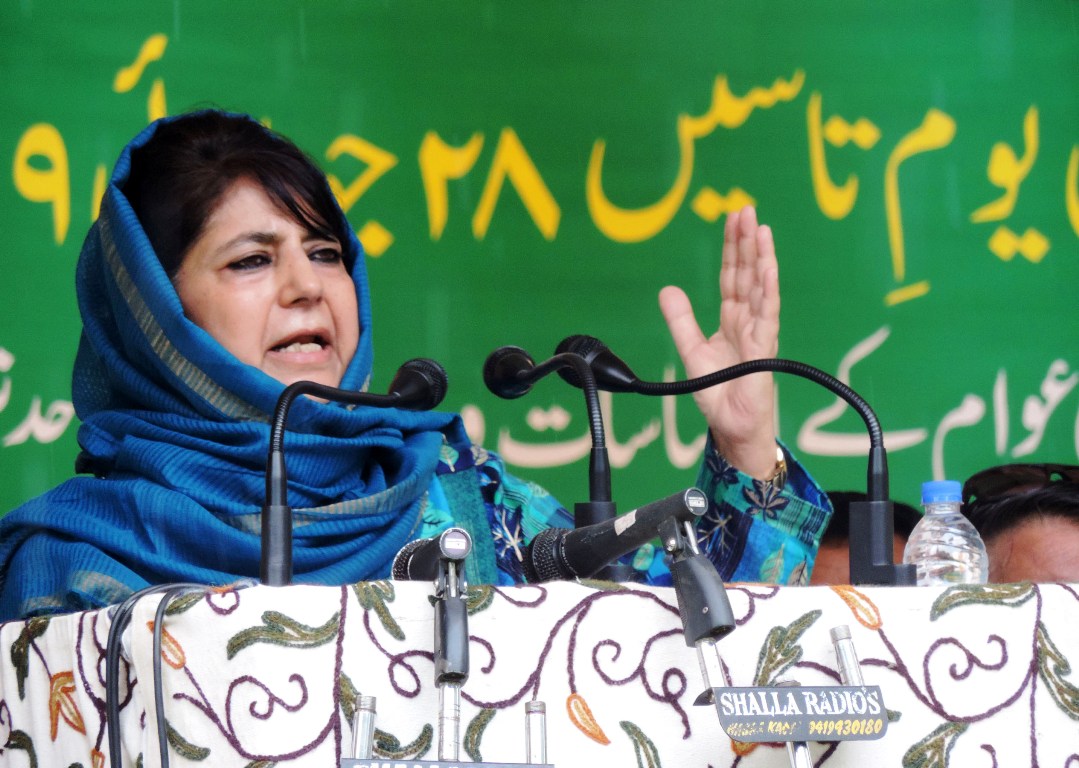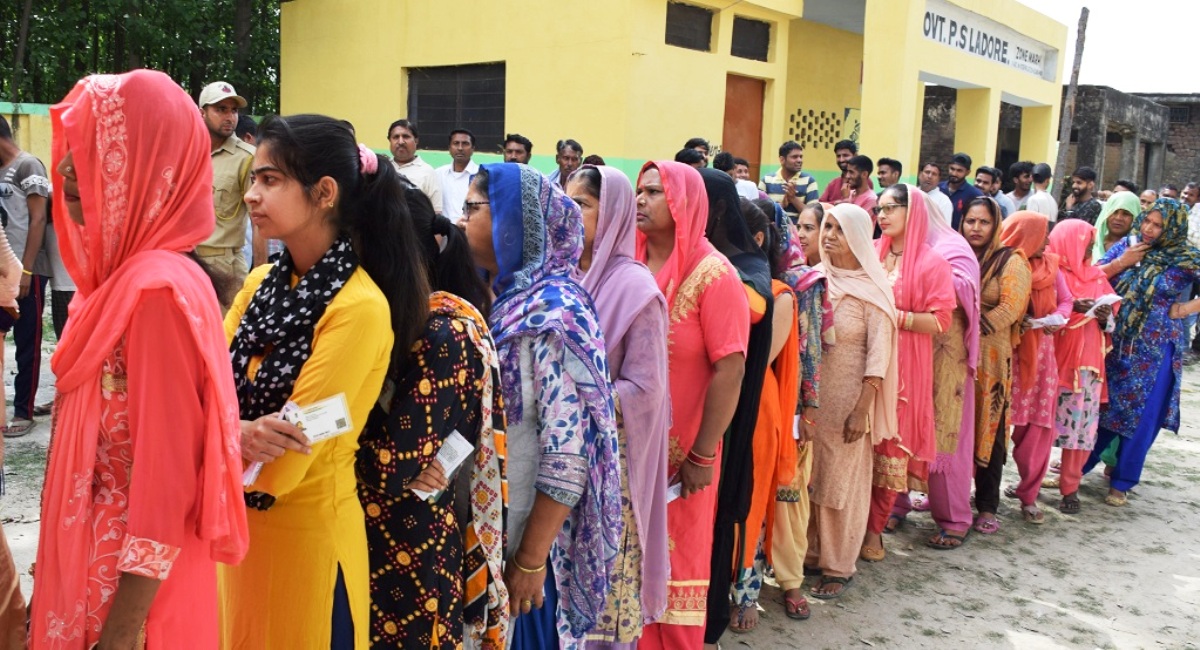KL NEWS NETWORK
SRINAGAR
Speaking at length for the second successive day on tying up with BJP to form the government in the state, Chief Minister, Mufti Mohammad Sayeed, Thursday said his “camaraderie with former Prime Minister, Atal Behari Vajpayee”, was historic, which “saw a prolonged spell of peace and development between 2002 and 2005 when he was in-charge of J&K”. He exuded confidence that the forthcoming visit of the Prime Minister, Narendra Modi, to the state will echo similar emotions and provide the much-needed impetus to the development agenda of the coalition government.
He said the primary objective of his alliance with BJP is to integrate the people of the three regions and bridge the gap between the state and the rest of the country. “After the Assembly election results were announced, we fell short of majority. I had several options available (to form the government). I received calls from Sonia Gandhi, Ghulam Nabi Azad and even Omar Abdullah, who offered unconditional support, but I saw an opportunity to go with BJP and respect the mandate it had won in Jammu region,” he stated.
The Chief Minister made these observations while addressing public meetings at Jawahar Nagar and Raj Bagh today, after laying foundation stones of new Mehjoor Bridge and Kissan Ghar.
Describing the vibrant democratic institutions as India’s greatest strength, Mufti Sayeed said Narendra Modi is democratically-elected Prime Minister of the country, who rose to power with unprecedented support of over a billion people of the country. He said earlier the people had reposed similar faith in the leadership of Manmohan Singh, Atal Behari Vajpayee and V. P. Singh. “I have met the Prime Minister on quite a few occasions. He has a mission to transform India and he is keen to usher in a new era of development in J&K,” he stated.
Asserting that he doesn’t believe in sell outs and conjuring up things, the Chief Minister made specific mention of the Agenda of the Alliance with BJP that safeguards the state’s special status guaranteed by the Indian Constitution and favours giving space to people with different political ideologies. “Our alliance with BJP was not a kneejerk reaction. It took us two months and several rounds of frantic discussions to finalize the Agenda of Alliance, which remains the cornerstone of governance for us,” he stated.
On adverse affects on J&K due to prolonged confrontation with Pakistan, Mufti Sayeed reminded people of Vajpayee’s big heart during his visit to Srinagar in 2003 where he attended a public function when the two countries were eyeball-to-eyeball, in wake of unprecedented attack on the Indian Parliament. He said state’s development takes a back seat when guns roar on borders and people residing in close proximity on either side become cannon fodder. “I am hopeful that Prime Minister’s visit to the state will be path-breaking and help in building a similar atmosphere of trust that Vajpayee so successfully weaved,” he hoped.
Hailing the vision and maturity of the state leaders who saw J&K’s future with India, Mufti Sayeed drew the attention of the people towards Pakistan which is struggling with far too many spells of political instability. “As compared to India, Pakistan has not seen sustained growth of its democratic institutions,” he added.
Describing dissent as essence of democracy, the Chief Minister said sustained dialogue alone, both at internal and external fronts, will help J&K become an abode of peace and prosperity. He reiterated his slogan of ‘Na Bandook Se Na Goli Se, Baat Banegi Boli Se’, which brought state rich dividends in peace when he was the Chief Minister between 2002 and 2005. “Democracy is a battle of ideas. People can have divergent views. We will carry them along and engage with even those having different political ideologies,” he added.
Promising to rebuild a new J&K which suffered colossal damage in 2014 floods, the Chief Minister highlighted the need for Union government’s support in restoration of damaged infrastructure. He said the government is taking several long and short-term measures to protect the state from future threat of floods by making a comprehensive plan to construct an alternate flood channel, fortifying river embankments and dredging water-bodies and spill-over channels.















